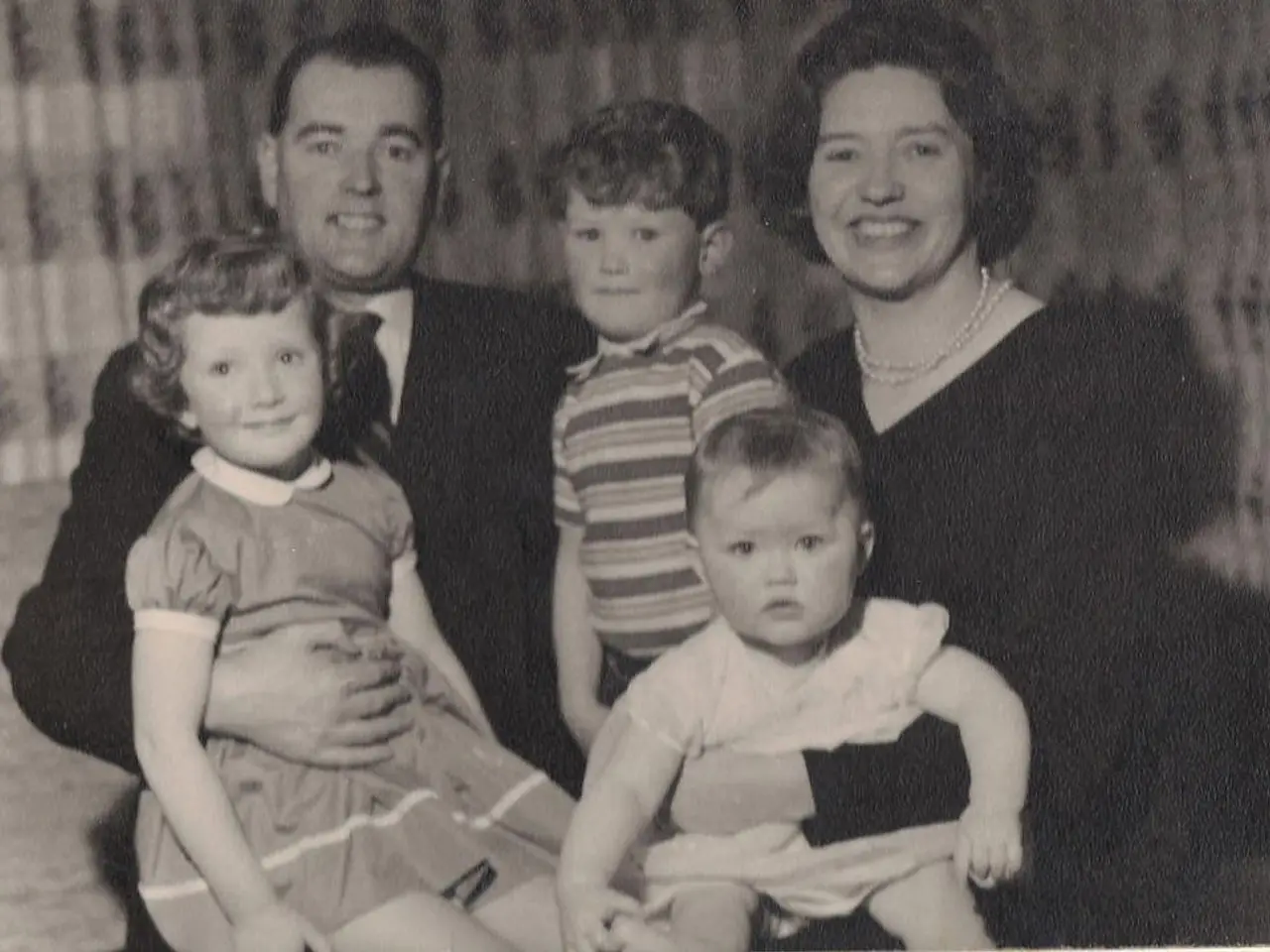Discussion on Aid for Gaza by Turkish and Egyptian Foreign Ministers
The cease-fire negotiations between Palestinians and Israelis remain unresolved, with ongoing humanitarian challenges in the Gaza Strip where conditions are described as "unbearable." The United Nations Office for the Coordination of Humanitarian Affairs (OCHA) has highlighted that Gaza is experiencing famine-like conditions, and many civilians are dying or getting injured while trying to access food.
Israel announced steps last week to let more aid reach the population in Gaza, but only 35 trucks have entered since June, as per COGAT. Air drops of food have been approved by Israel, yet United Nations agencies have stated that airdrops of food are insufficient for Gaza.
The Gaza Health Ministry has reported that 175 people, including 93 children, have died from what international humanitarian agencies describe as an unfolding famine since the war began. Six more people died of starvation and malnutrition in Gaza over the past 24 hours.
The discussion between the ministers focused on cease-fire negotiations between Palestinians and Israelis, as well as delivering humanitarian aid to Gaza. However, challenges remain due to ongoing hostilities and restrictions affecting aid delivery.
Part of the day fighting has been paused in some areas, according to Israel's announcement. Protected routes for aid convoys have been announced by Israel, yet convoys face significant impediments and dangers along distribution routes.
A senior UN official reiterated the necessity of a political solution to the Gaza crisis to reach lasting peace, underscoring the importance of cease-fire negotiations, though no breakthrough has been reported as of early August 2025. More than 100 people were killed, and hundreds injured in recent days while seeking food along convoy routes and near Israeli-militarized distribution hubs, highlighting the severe risks to civilians amid partial or absent cease-fire.
UN agencies like UNICEF report visible signs of severe suffering and malnutrition among Gaza’s population, particularly children. The UN stresses the need for an unrestricted flow of humanitarian aid and commercial supplies into Gaza to prevent famine and alleviate the crisis.
In summary, while talks and announcements hint at temporary pauses and some aid access, the cease-fire has not solidified, and Gaza faces acute humanitarian distress, with international calls for sustained cease-fire and substantial, unrestricted humanitarian assistance to mitigate famine and civilian suffering. Two fuel trucks carrying 107 tons of diesel are set to enter Gaza, according to Egypt's state-affiliated Al-Qahera News TV, offering a glimmer of hope in the midst of the ongoing crisis.
[1] UN OCHA: Humanitarian Crisis in Gaza (www.ochaopt.org) [2] Reuters: Gaza Crisis: UN Calls for Sustained Cease-fire and Humanitarian Aid (www.reuters.com) [3] COGAT: Aid Delivery to Gaza (www.cogatonline.org) [4] AP News: Gaza Faces Famine as Aid Delivery Hurdles Persist (www.apnews.com) [5] Al-Jazeera: Gaza Crisis: Israel Announces Steps to Allow More Aid (www.aljazeera.com)
- Despite recent announcements of aid deliveries to Gaza, the ongoing cease-fire negotiations between Palestinians and Israelis remain unresolved, causing a critical humanitarian crisis in the region.
- The UN is urging for a political solution to the Gaza crisis, emphasizing the importance of a sustained cease-fire and substantial, unrestricted humanitarian assistance to alleviate the ongoing famine and civilian suffering.
- As part of the ongoing war-and-conflicts, the Gaza Health Ministry has reported a significant rise in deaths and injuries among civilians due to lack of access to food and humanitarian aid, particularly among children.








